Search
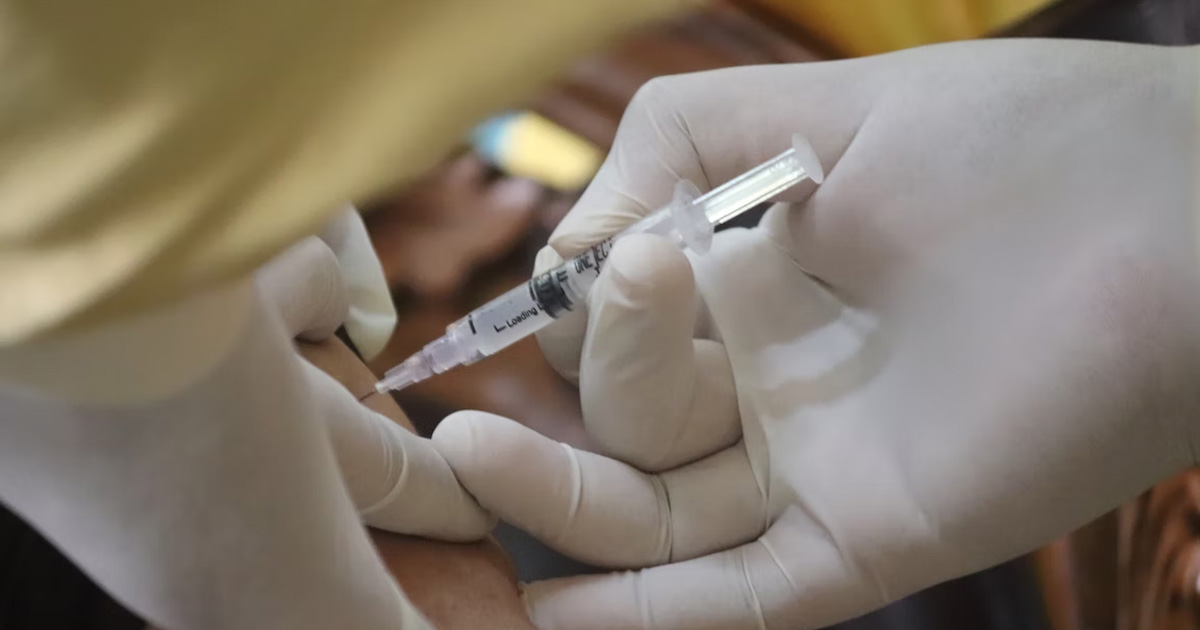
MEDIA ENQUIRIES Discover. Prevent. Cure. Mailing list Media contacts About The Kids Be Inspired Please direct general enquiries to our reception on (
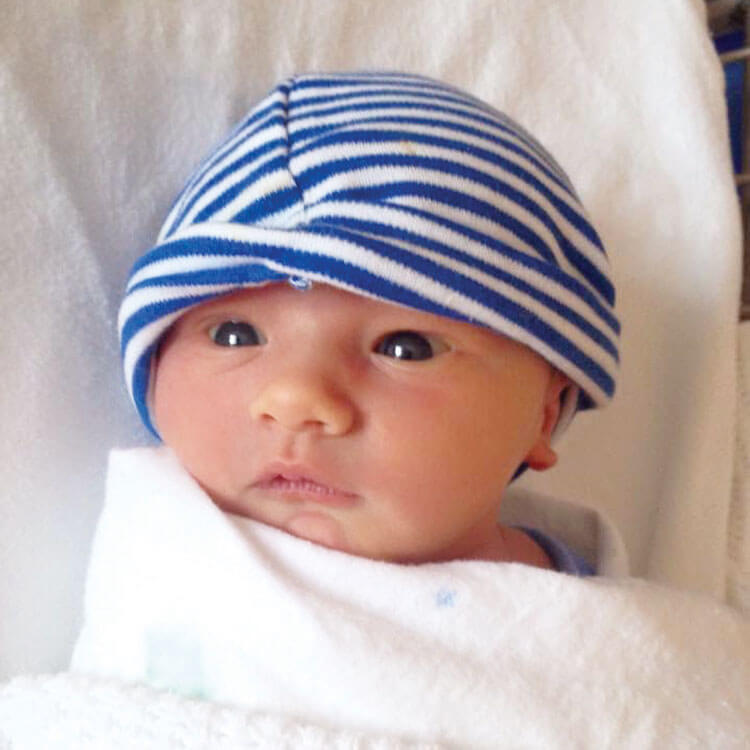
The quest to stop infectious diseases from killing our kids

A bold research program is working to give young children lifelong protection against influenza
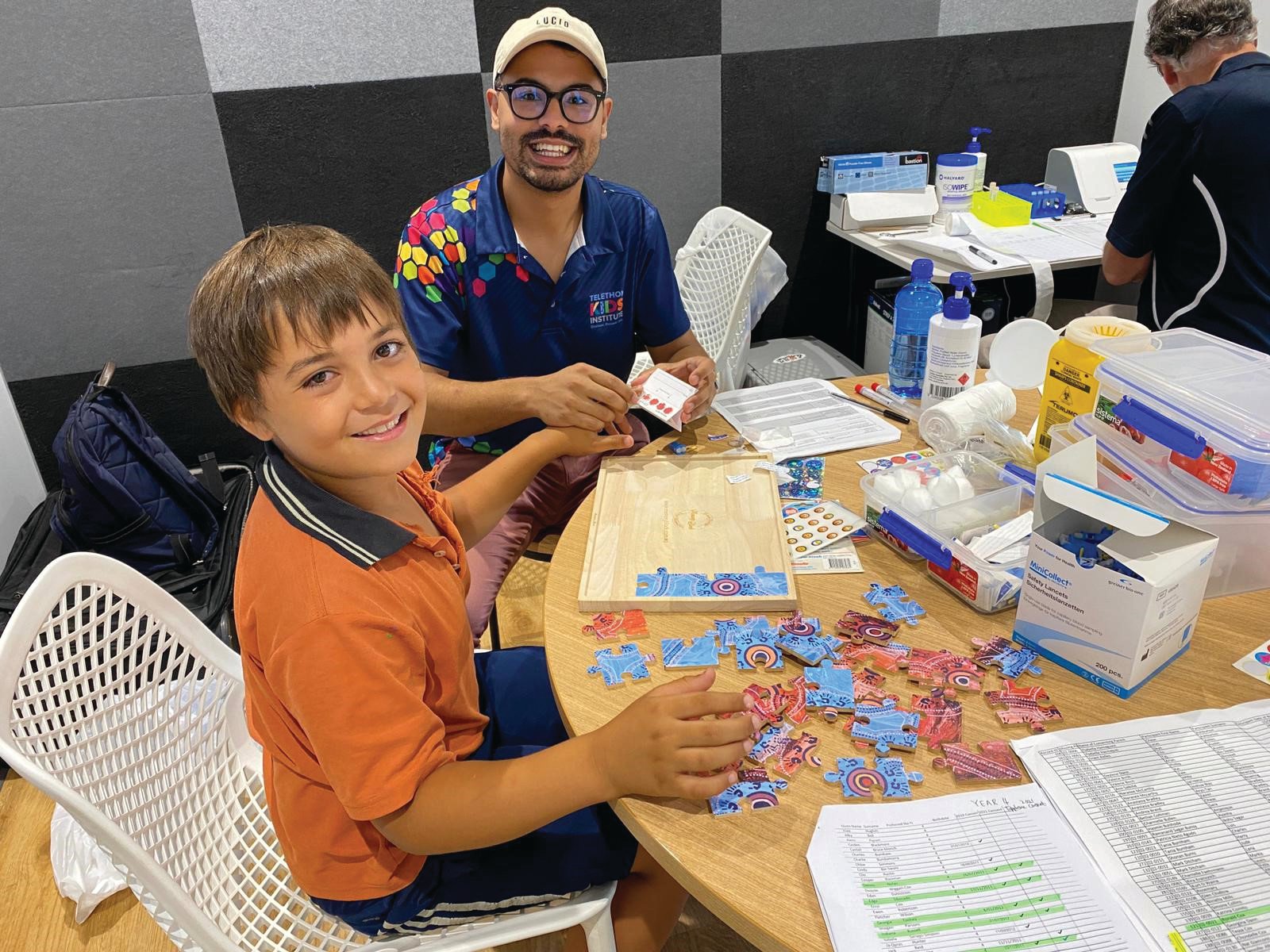
Thanks to research, a six -second test can get the answers that could save a child’s life.

A new research project aims to demonstrate how influenza vaccination in children could be a highly cost-effective health care intervention in Australia.
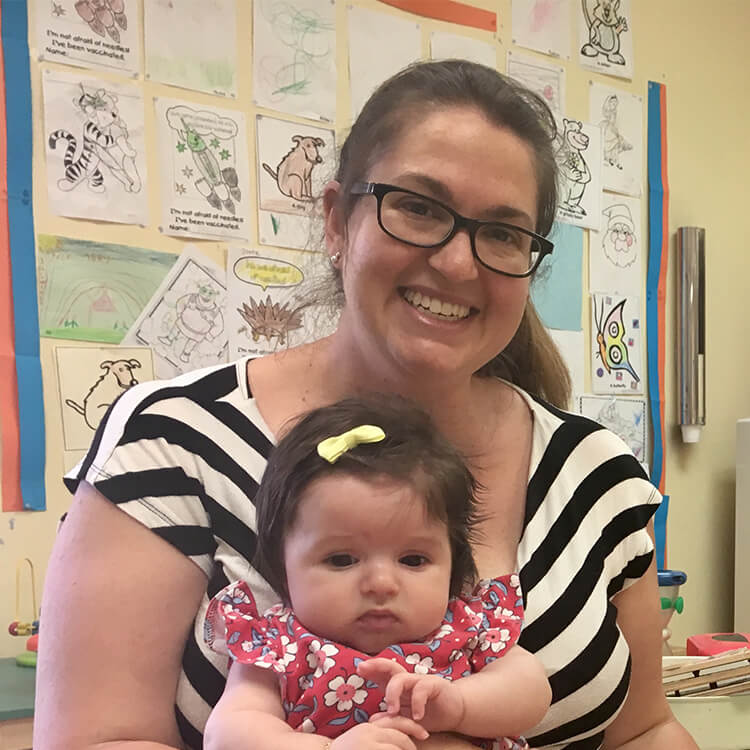
New mothers in Perth are teaming up with researchers at The Kids Research Institute Australia in a global bid to develop the first vaccine to prevent Respiratory Syncytial Virus (RSV) disease.

As one of Telethon’s earliest and most long-standing beneficiaries, we are incredibly proud to be taking part in the Telethon Weekend again in 2018.
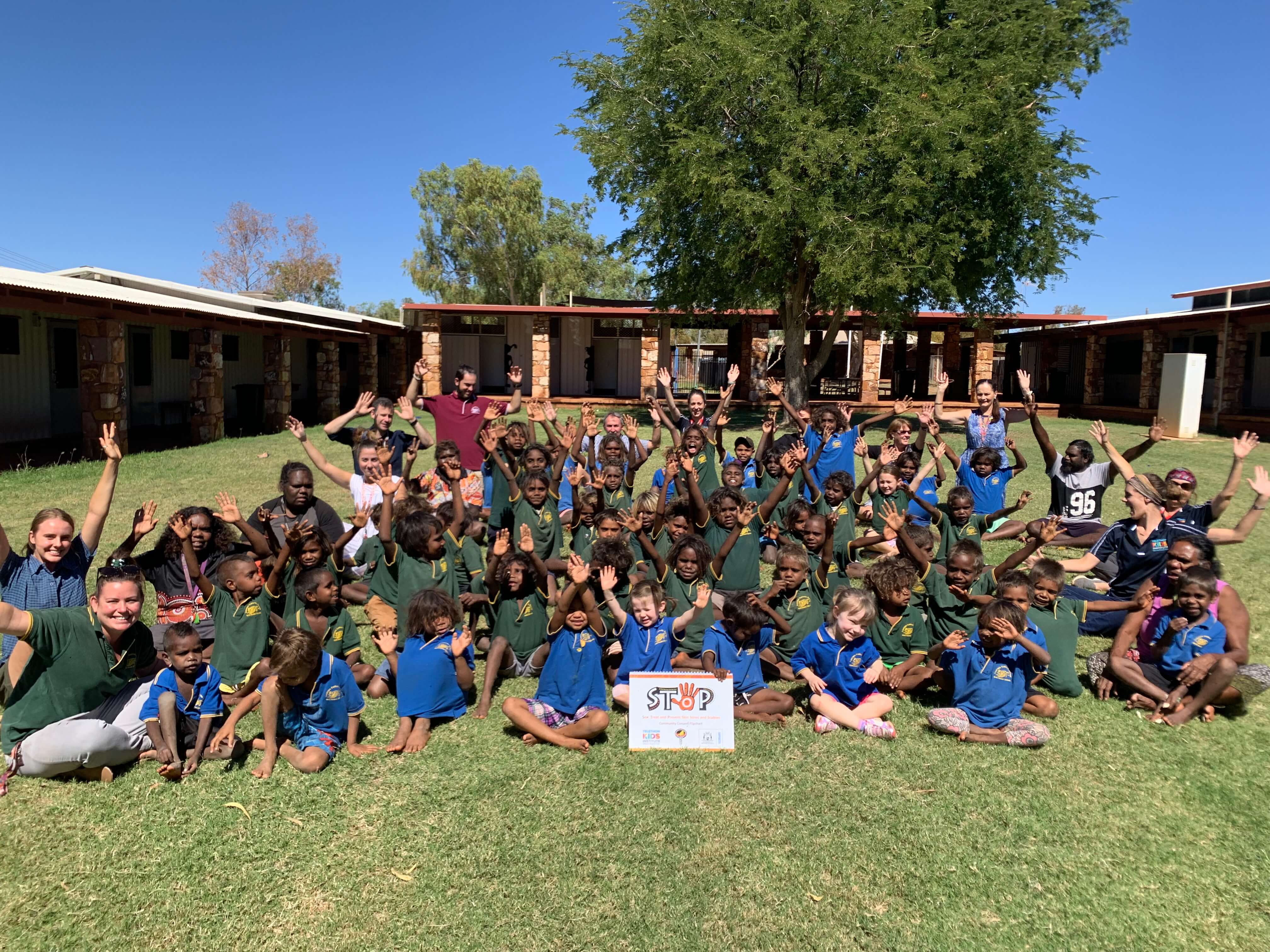
Aboriginal community members throughout the Kimberley will take a lead role in driving healthy skin messages within their own communities thanks to a major funding boost to The Kids Research Institute Australia’s SToP Trial.
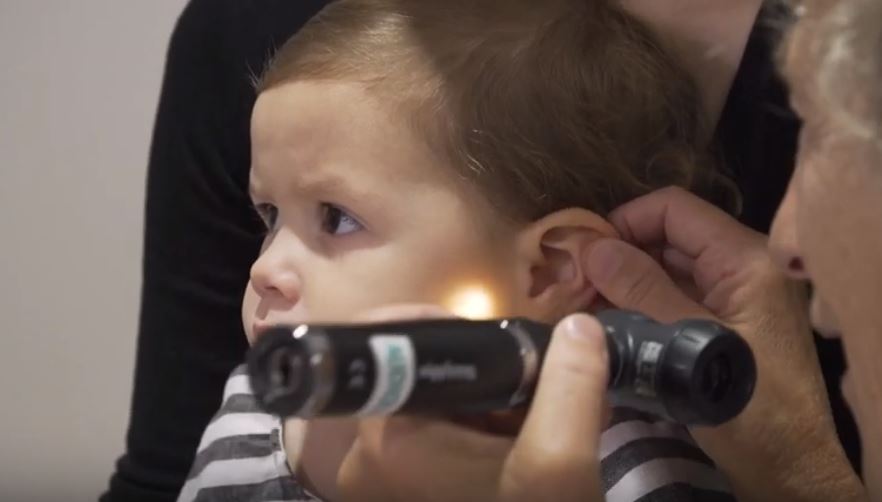
Researchers from The Kids Research Institute Australia have identified the main bacteria responsible for recurrent ear infections and repeat ear surgeries in children.
The year 2020 has been marked by possibly the greatest health challenge to face modern society. The emergence of COVID-19 as a novel human pathogen
